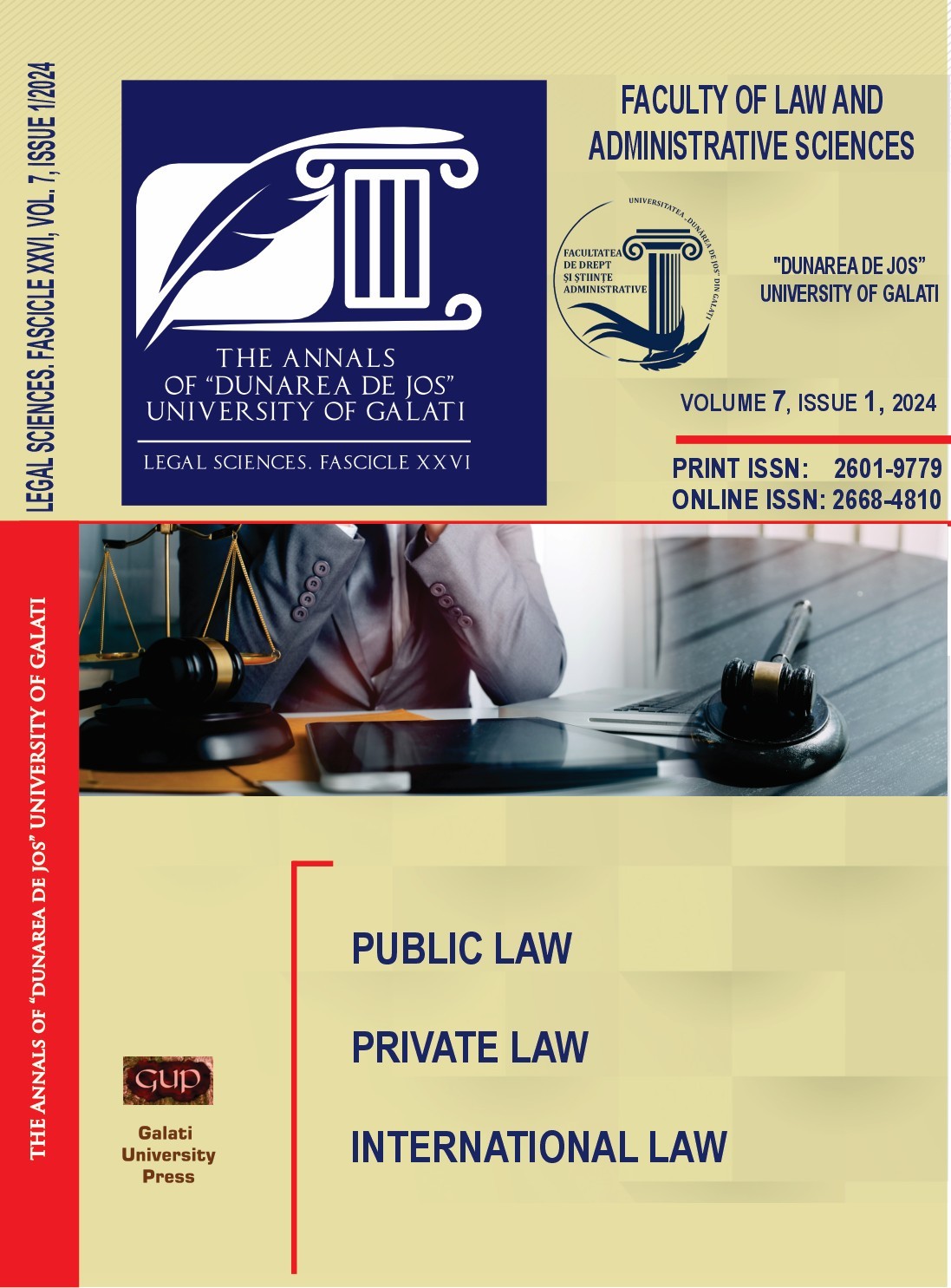Access to education and school guidance for children with special educational needs (SEN)
Abstract
Access to quality schooling remains a central concern for many parents of children with SEN and the options available differ widely across Member States. According to a report prepared for the European Commission by the Network of Experts in Social Sciences of Education and training (NESSE), children with special educational needs (SEN) are less likely to obtain high-level academic qualifications, and thus face greater difficulties entering and remaining in the labour market.
There is no commonly agreed definition in use across the EU, but most definitions encompass a broad spectrum of conditions that include physical, mental, cognitive and
educational impairments. For the purpose of this paper, we define children with SEN as children whose learning difficulties hinder their ability to benefit from the general education system without support or accommodation to their needs.
The European Agency for Special Needs and Inclusive Education (EASNIE) has defined inclusive education as ‘the provision of highquality education in schools that value the rights, quality, access and participation of all learners’4 EASNIE’s operational definition of an ‘inclusive setting’ encompasses all education where the pupil with SEN follows education in mainstream classes alongside their peers for the largest part – 80 per cent or more – of the school week.
Official decision of SEN: EASNIE defines an official decision of SEN that recognises a pupil to be eligible for additional educational support based on an assessment procedure involving a multidisciplinary team, including members from within and external to the school, a legal document describing the support the pupil is entitled to and a formal, regular review process of the decision.

This work is licensed under a Creative Commons Attribution 4.0 International License.
The author fully assumes the content's originality and the holograph signature makes him responsible in case of trial.


